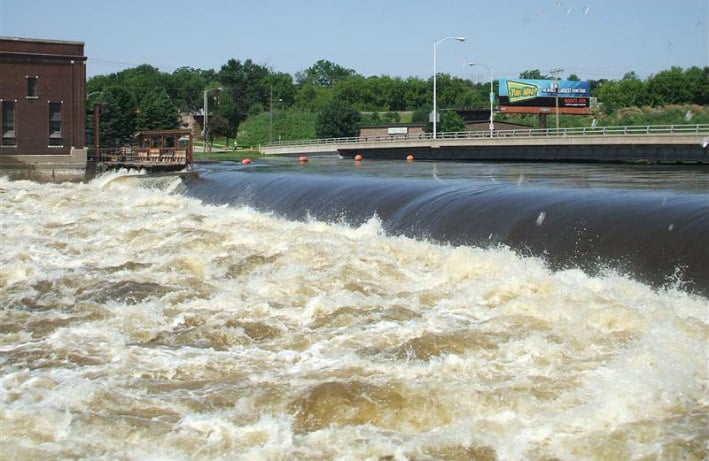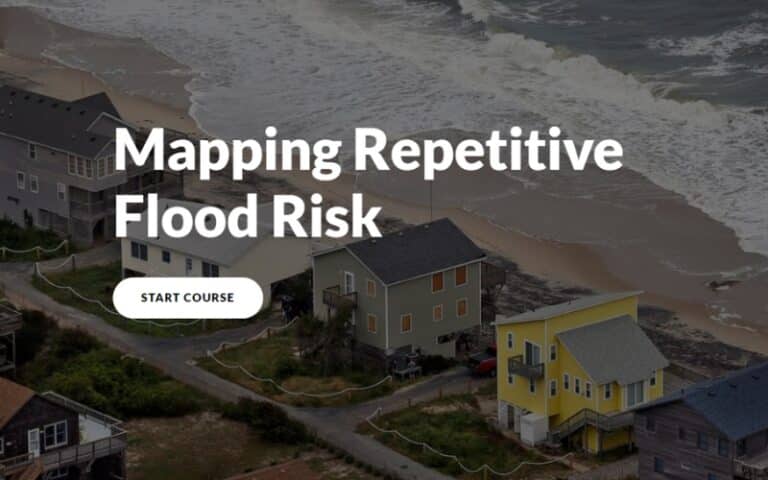FEMA Hosting FFRMS Listening Session in Seattle
Intergovernmental Affairs Advisory
April 1, 2015
Register for theFederal Flood Risk Management Standard ImplementationListening Session – Seattle, WA
Please join FEMA and federal partners for a Listening Session in Seattle, WA on the Federal Flood Risk Management Standard Implementation.The session provides the opportunity to listen, ask questions, and provide feedback on how federal agencies implement the Standard.
What: Federal Flood Risk Management Standard Implementation Listening Session
When: April 14, 2015 from 1- 3:30 p.m. (PDT)
Where: University of Washington Medicine at South Lake Union
Administrative Building C – Orin Smith Auditorium
South Lake Union
850 Republican Street
Seattle, WA 98109
FEMA, on behalf of the Mitigation Framework Leadership Group (MitFLG), published a draft version of Implementing Guidelines that remains open for comment. The MitFLG, a collection of federal agencies with programs and authorities designed to mitigate the impacts of disasters on communities, will accept written comments through the Federal Register process from those unable to attend the public meeting. Recently the comment period was extended to May 6, 2015 that allows additional time to submit formal comments.
Due to space constraints of the facilities, seating may be limited. To reserve a seat in advance, please provide a request via email at least three days in advance with the contact information of the participant (including name, mailing address, and e-mail address), and the meeting to be attended to FEMA-FFRMS@fema.dhs.gov and include the subject/attention line: Reservation Request for FFRMS. For anyone attending the meetings who is hearing or visually impaired, or who requires special assistance or accommodations, please also contact FEMA-FFRMS@fema.dhs.gov.
Background:
On Jan. 30, the President issued an Executive Order, “Establishing a Federal Flood Risk Management Standard and a Process for Further Soliciting and Considering Stakeholder Input.” Future federal investments in, and affecting floodplains, will be required to meet the level of resilience established in the Federal Flood Risk Management Standard. This includes projects where federal funds are used to build new structures and facilities, or to rebuild those that have been damaged. These projects make sure that buildings are constructed to withstand the impacts of flooding, improve the resilience of communities, and protect federal investments.
The Standard requires agencies to consider the best available, actionable science of both current and future risk when taxpayer dollars are used to build or rebuild in floodplains. On average, more people die annually from flooding than any other natural hazard. Further, the costs borne by the federal government are more than any other hazard. Water-related disasters account for approximately 85 percent of all disaster declarations.
The MitFLG will revise the draft Implementing Guidelines, based on input received through the Listening Sessions and comments, and provide recommendations to the Water Resources Council.
The Water Resources Council will, after considering the recommendations of MitFLG, issue amended guidelines to federal agencies on the implementation of the Standard. Agencies will not issue or amend existing regulations or program procedures until the Water Resources Council issues amended guidelines that are informed by stakeholder input.
FEMA and MitFLG look forward to your participation and input in the process as part of the work towards reducing flood risk, increasing resilience, cutting future economic losses, and potentially saving lives.
Follow FEMA online at www.fema.gov/blog, www.twitter.com/fema, www.facebook.com/fema and www.youtube.com/fema. Also, follow Administrator Craig Fugate’s activities at www.twitter.com/craigatfema.The social media links provided are for reference only. FEMA does not endorse any non-government websites, companies or applications.
FEMA’s mission is to support our citizens and first responders to ensure that as a nation we work together to build, sustain, and improve our capability to prepare for, protect against, respond to, recover from, and mitigate all hazards.



